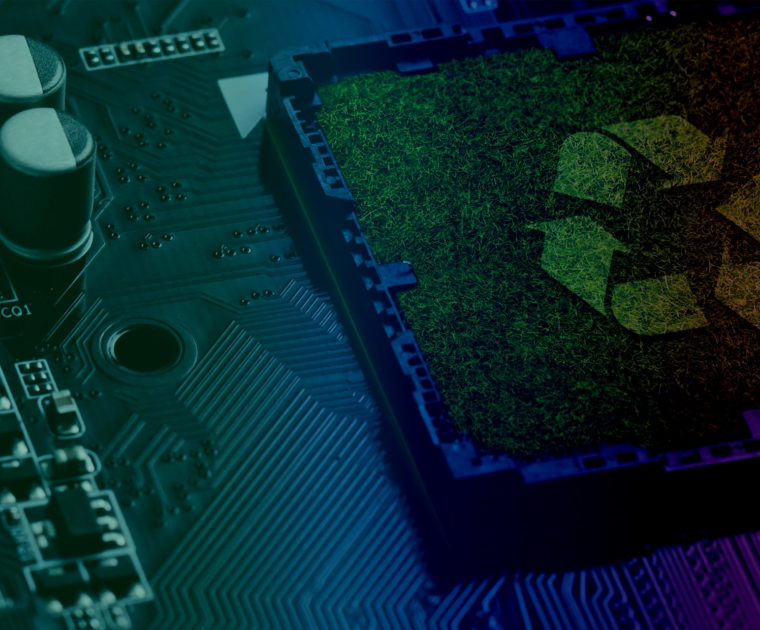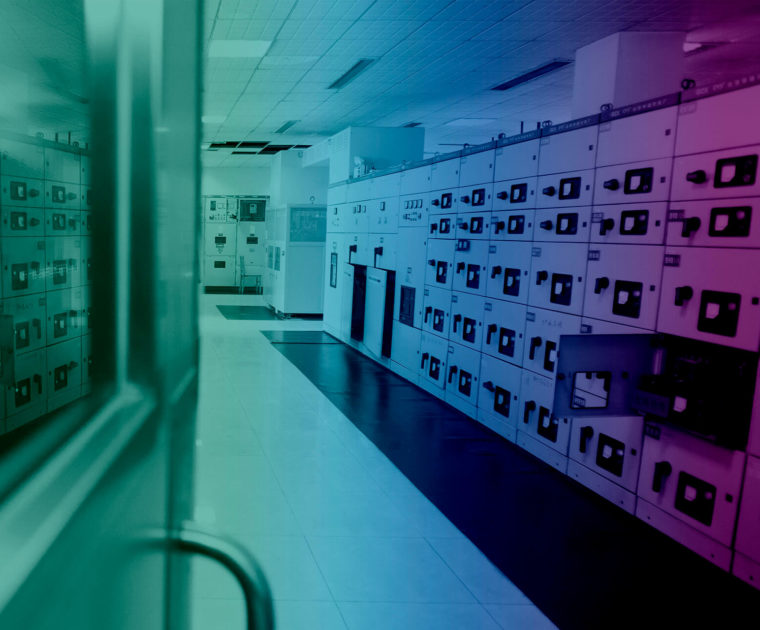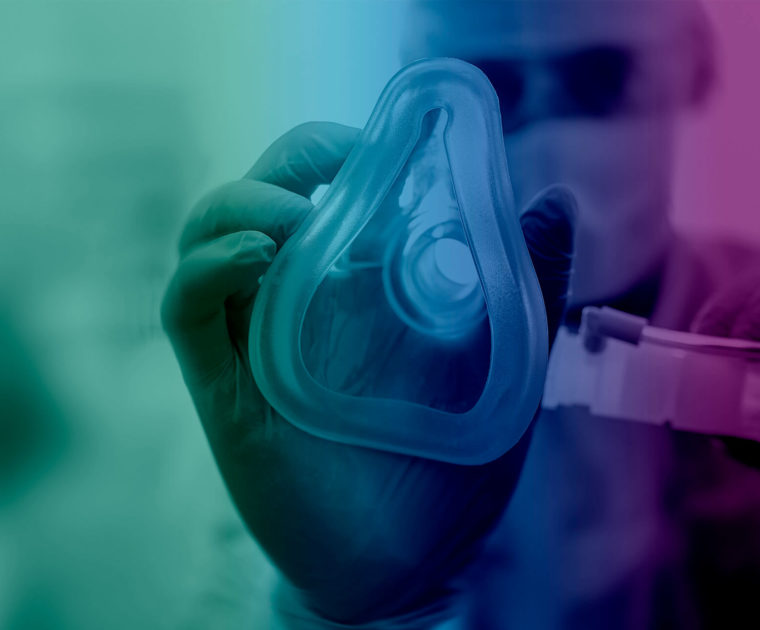Uninterruptible Power Supply Systems (UPS) in hospitals guarantee the continuity of energy.
Uninterruptible Power Supply Systems (UPS) have emerged as essential components in the infrastructure of various sectors, highlighting their crucial role in critical environments such as hospitals. That is why it is so important to invest in renewing and acquiring new UPS systems for healthcare centers.
Electrical outages and voltage alterations are more frequent than desirable, and during that time the devices cannot stop working.











